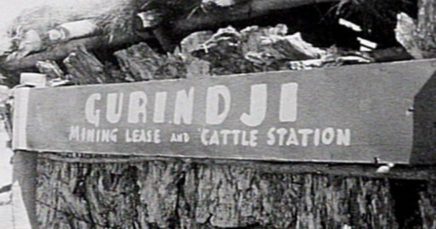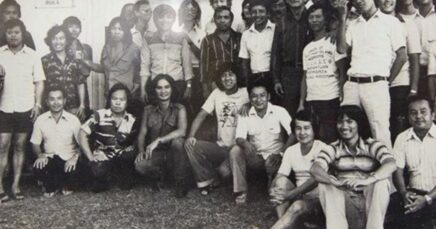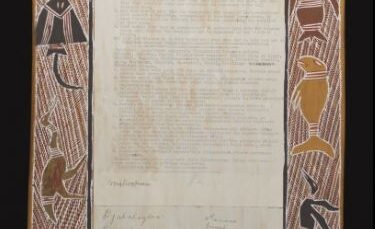
On 15 November 1938, dockers at Port Kembla (near Wollongong), members of the Waterside Workers’ Federation (WWF) went on strike against war and imperialism, and in solidarity with the Chinese people.
These heroic strikers refused to load pig iron bound for military production in Japan onto the SS Dalfram. The military-backed regime in Japan had invaded China 1937, and the dockers at Port Kembla decided to take a stand in solidarity with the Chinese people.
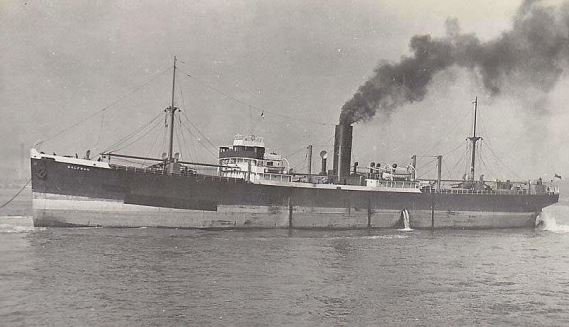
After this brutal invasion the Waterside Workers’ Federation in Port Kembla passed a motion declaring its “horror” at the “unprovoked and murderous attack” and pledged “we as members of the Australian working class are prepared to assist the Chinese workers in their fight against Fascist Japan.”
In 1938, they lived up to this promise.
Ted Roach, secretary of the Waterside Workers Federation branch that covered Port Kembla later recalled the pivotal moment when it was confirmed that the Dalfram’s load was bound for a munitions works in Japan:
“I just walked up on deck and I said ‘Righto, boys, it’s going to Kobe’. To a man, everyone stopped, and they marched straight off the bloody ship. Hey, we had no idea we were making history.”
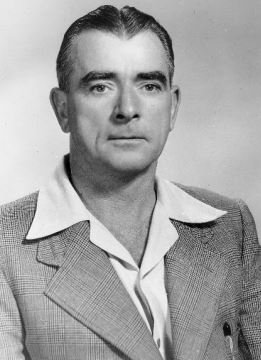
Before they even got off the ship the workers were hounded by supervisors threatening them for ceasing work. But the union had recently won a new roster-based work system that began to wind back the extreme casualisation on the docks and the workers were feeling confident.
They stuck together. As soon as other dockers finished loading a ship they were offered extra work on the Dalfram. But not one worker would break the union ban.
The union organised public demonstrations to rouse the people to their cause, including a large public protest meeting officiated by the Mayor of Wollongong. A crew member of the Dalfram addressed the meeting, expressing his and his shipmates support for the strike.

The conservative government of the time tried to prosecute these workers. Spearheading these efforts was Robert Menzies, then the Attorney General, and later long-time conservative Prime Minister. Menzies threatened all manner of legal action against the striking workers. The strike was, Menzies claimed, “a provocative act against a friendly power”.
But the strikers refused to back down. This was a matter of solidarity – a matter of principle.
For his opposition to the strike Menzies was labelled “Pig Iron Bob”. Menzies deployed a punitive anti-union law known officially as the Transport Workers Act, but known among the union movement as the “Dog Collar Act”.
The Act forced workers to apply for licenses to work on the docks. The government could refuse issue to workers deemed unruly by, for instance, taking strike action.

But the WWF refused to be intimidated and maintained the strike. A government licence was procured by the workers and burned in the street.
Soon the entirety of Port Kembla’s waterside industry was on strike. The Chinese community in Sydney and elsewhere in NSW organised to support the strikers, sending food and other necessities to help sustain the struggle. A letter of support from 34 unions in Hankou was sent to the WWF. Other unions took solidarity action to back the WWF’s stand.
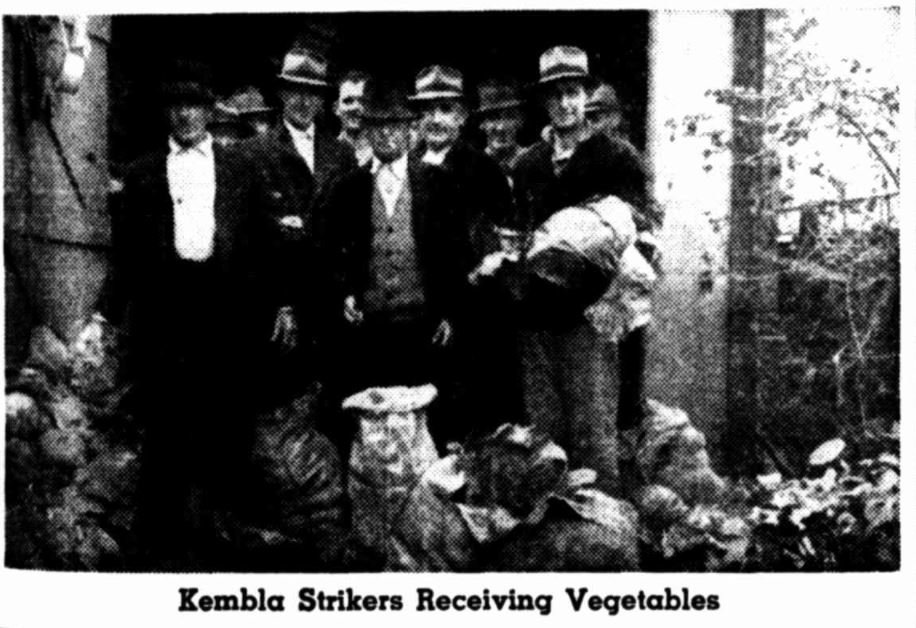
When Menzies eventually visited Wollongong, his welcoming party was a large crowd of protestors supporting the strike. It is believed that on this visit Gwen Croft of the Women’s Relief Committee coined the name “Pig Iron Bob”.
The strike lasted for ten weeks. Eventually, the dockers were forced back to work. They had spent ten weeks without pay, but eventually the full force of the government and employers arrayed against them was too much.
Though the Dalfram was loaded, the union secured a guarantee that no subsequent shipments of pig iron would be sent to Japan following the dispute. The dog-collar licences were also withdrawn from the Port. On both scores, these were major victories for the striking workers.
Today a monument stands to the Port Kembla strikers. It is the physical reminder of a history and a tradition of union action and union solidarity.

The union movement will never forget the brave stance taken by the WWF in refusing to load the Dalfram. And we will never forget the actions of the conservative government – using the law to attack these striking workers.

